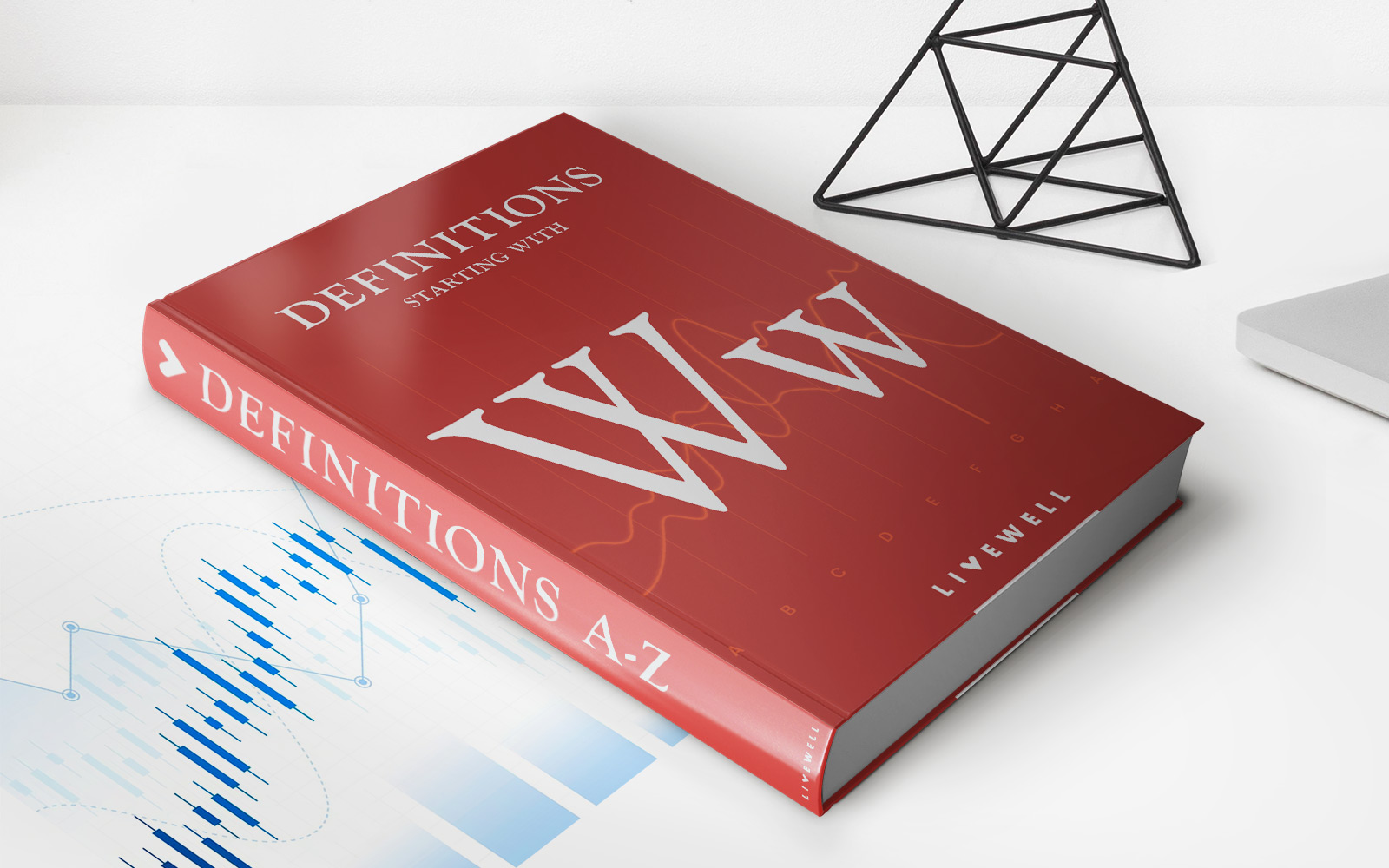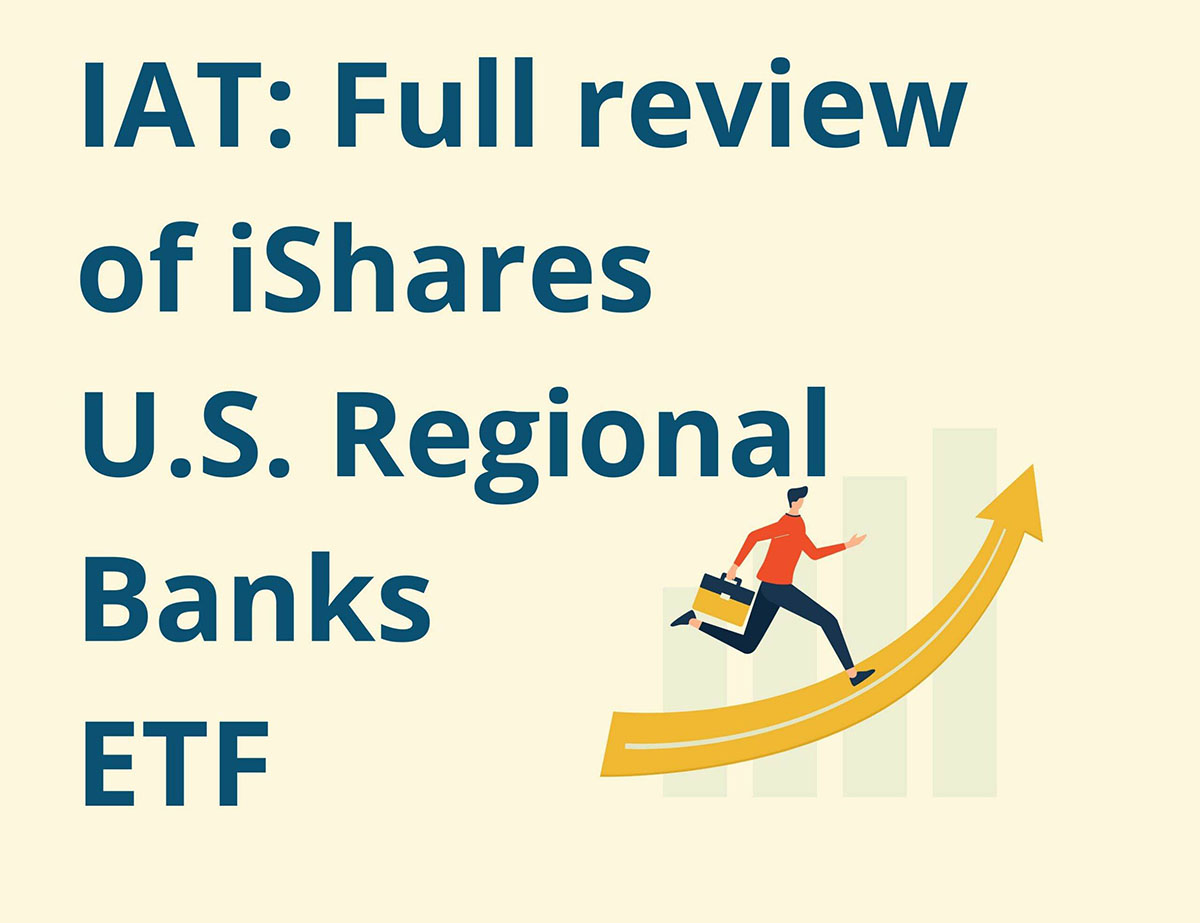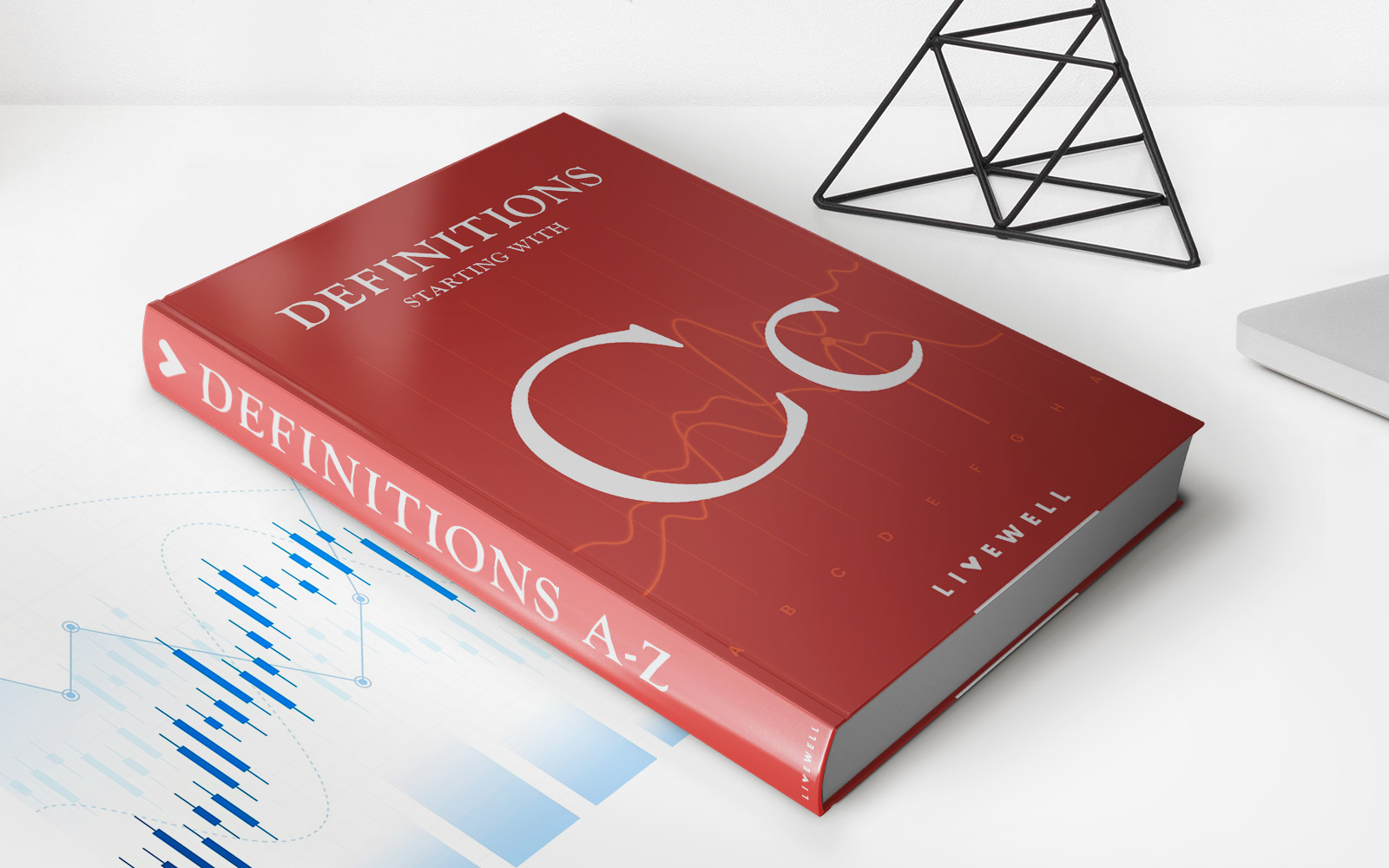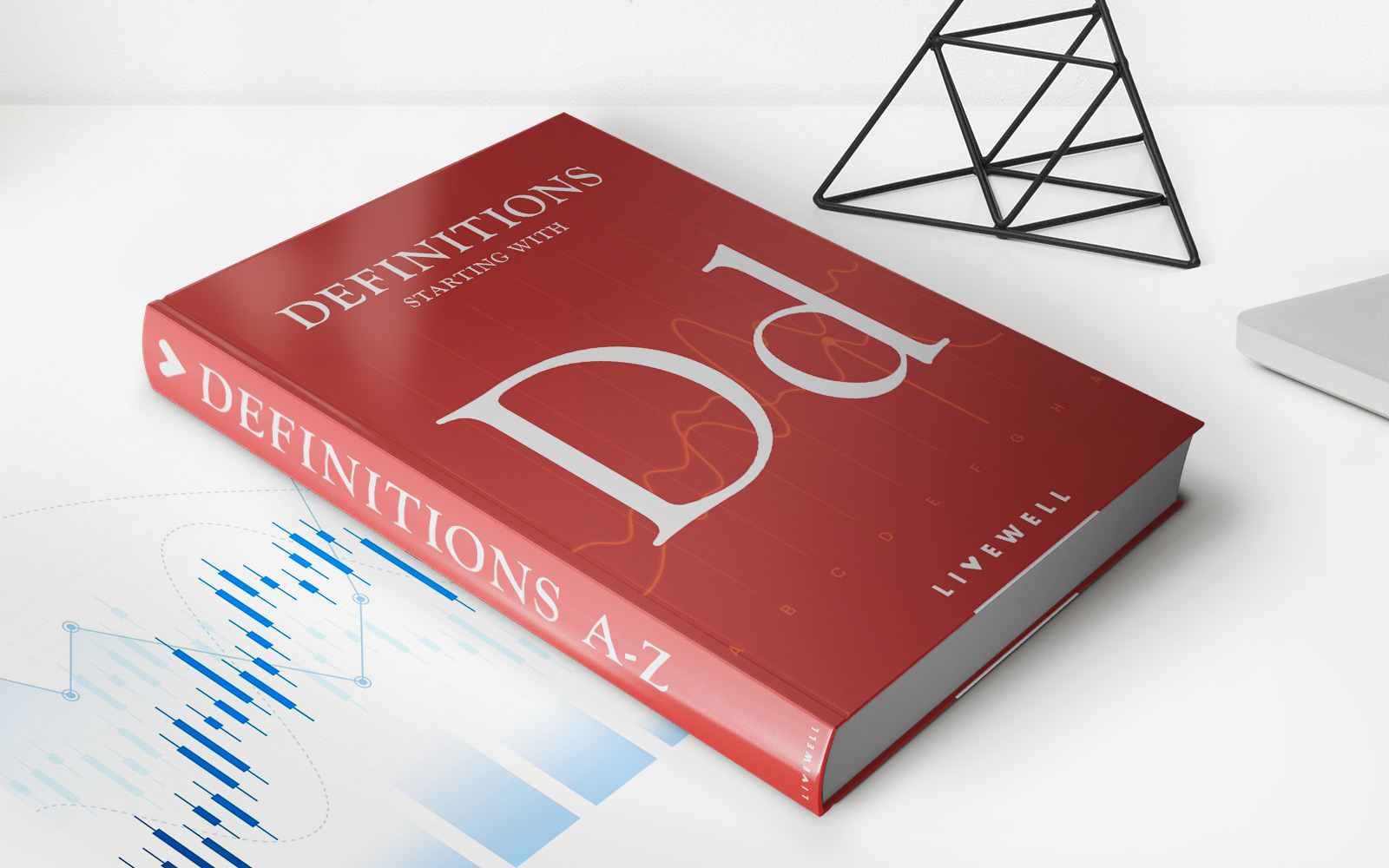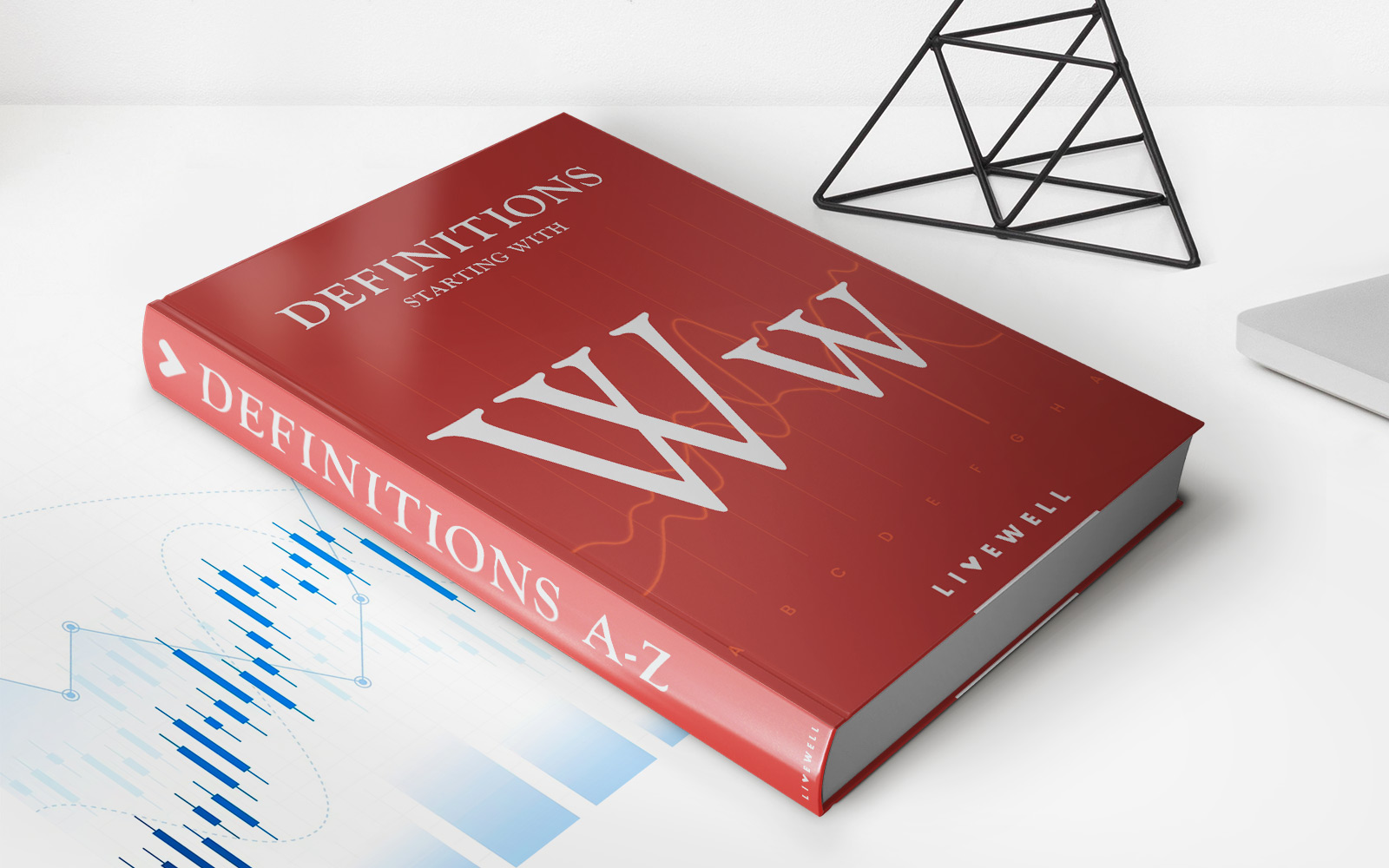

Finance
What Is An Insurance Wholesaler?
Modified: February 21, 2024
Learn all about insurance wholesalers and how they play a vital role in the finance industry. Discover their unique function and importance in the insurance market.
(Many of the links in this article redirect to a specific reviewed product. Your purchase of these products through affiliate links helps to generate commission for LiveWell, at no extra cost. Learn more)
Table of Contents
- Introduction
- Definition of an Insurance Wholesaler
- Functions and Roles of an Insurance Wholesaler
- Benefits of Using an Insurance Wholesaler
- Key Differences Between Insurance Wholesalers and Insurance Agents/Brokers
- How to Become an Insurance Wholesaler
- Challenges and Risks Faced by Insurance Wholesalers
- Tips for Choosing the Right Insurance Wholesaler
- Conclusion
Introduction
An insurance wholesaler plays a crucial role in the insurance industry, acting as a middleman between insurance carriers and retail insurance agents or brokers. They provide a range of services to insurance agents, making it easier for them to access and obtain insurance products for their clients. While insurance agents and brokers work directly with clients, insurance wholesalers work behind the scenes, utilizing their expertise to facilitate the distribution of insurance policies.
Insurance wholesalers serve as a valuable resource for insurance agents and brokers, as they have extensive knowledge of insurance products, underwriting guidelines, and market trends. They act as a conduit between the retail agent and the insurance carriers, effectively bridging the gap and streamlining the process of securing insurance coverage for clients.
Insurance wholesalers generally specialize in specific types of insurance, such as property and casualty, life and health, or specialty lines like professional liability or cyber insurance. This specialization allows them to acquire in-depth knowledge and establish strong relationships with insurance carriers that offer those particular products.
In this article, we will explore the responsibilities, benefits, and challenges of working with an insurance wholesaler. We will also delve into the key differences between insurance wholesalers and insurance agents/brokers and provide tips for selecting the right wholesaler for your insurance needs.
Definition of an Insurance Wholesaler
An insurance wholesaler is a specialized intermediary in the insurance industry who acts as a middleman between insurance carriers and retail insurance agents or brokers. They function as a wholesale source of insurance products, connecting agents with carriers and facilitating the process of obtaining insurance coverage for their clients.
Insurance wholesalers typically work with multiple insurance carriers and have established relationships with them. They have extensive knowledge of insurance products and underwriting guidelines, allowing them to match the specific needs of the retail agent’s clients with the appropriate insurance carrier.
The primary role of an insurance wholesaler is to provide access to a wide range of insurance products and options that may not be readily available to retail agents. They act as a distribution channel for insurance carriers, enabling them to reach a larger market and expand their business.
An insurance wholesaler offers various services to retail agents, including product education and training, assistance with underwriting and policy placement, access to specialized markets, and competitive pricing. They act as a resource for agents, helping them navigate the complexities of the insurance industry and ensuring that their clients receive the best possible coverage at the most favorable terms.
It is important to note that insurance wholesalers do not work directly with individual clients or businesses seeking insurance coverage. Instead, they collaborate with retail agents or brokers, who have a direct relationship with the clients. The wholesaler’s primary objective is to support and empower the retail agent in providing effective insurance solutions to their clients.
In summary, an insurance wholesaler serves as a vital link between insurance carriers and retail agents, providing expertise, access to products, and valuable services that facilitate the distribution and placement of insurance policies.
Functions and Roles of an Insurance Wholesaler
An insurance wholesaler performs a variety of functions and plays several important roles in the insurance ecosystem. Let’s explore the key functions and roles of an insurance wholesaler:
1. Product Sourcing: Insurance wholesalers have extensive knowledge of the insurance market and maintain strong relationships with multiple insurance carriers. They source insurance products from these carriers, offering a diverse range of coverage options to retail agents. This allows agents to access a wide variety of insurance policies tailored to their clients’ specific needs.
2. Underwriting Support: Wholesalers assist retail agents in the underwriting process. They review and assess applications, gather necessary information, and work closely with insurance carriers to ensure that the underwriting guidelines are met. This expertise helps streamline the underwriting process and increases the likelihood of securing coverage for the agent’s clients.
3. Market Access: Insurance wholesalers often have access to specialized markets and programs that may not be available directly to retail agents. They have insights into niche markets and can connect agents with carriers that offer specific insurance products tailored to unique industries or risks. This market access expands the options available to retail agents and allows them to provide more comprehensive coverage to their clients.
4. Policy Placement: Wholesalers assist in placing insurance policies with the most suitable carrier based on the unique needs and requirements of the insured. They leverage their knowledge and relationships with various carriers to find the best coverage options at competitive prices. This ensures that clients receive optimal coverage that meets their specific risk profiles.
5. Product Training and Education: Insurance wholesalers provide training and education to retail agents on insurance products and industry trends. They offer workshops, seminars, and webinars to help agents stay updated on the latest developments and enhance their knowledge. This enables agents to effectively advise their clients on suitable coverage options and provide excellent service.
6. Claims Assistance: In the event of a claim, insurance wholesalers assist the retail agent and their clients throughout the claims process. They act as a liaison between the agent, insured, and the insurance carrier, ensuring that the claim is handled promptly and efficiently. This support helps expedite the resolution of claims and enhances customer satisfaction.
7. Relationship Management: Insurance wholesalers cultivate and maintain strong relationships with both retail agents and insurance carriers. They act as trusted advisors and partners to retail agents, providing ongoing support and guidance. Additionally, they collaborate with insurance carriers to negotiate competitive rates and coverage terms, ensuring that retail agents receive the best possible solutions for their clients.
In summary, insurance wholesalers serve as a valuable resource for retail agents, providing a wide range of services such as product sourcing, underwriting support, market access, policy placement, training, claims assistance, and relationship management. Their expertise and connections streamline the insurance process, enabling retail agents to offer exceptional insurance solutions to their clients.
Benefits of Using an Insurance Wholesaler
Working with an insurance wholesaler offers numerous benefits for both retail insurance agents and their clients. Let’s explore some of the key advantages:
1. Access to Diverse Insurance Products: Insurance wholesalers have relationships with multiple insurance carriers, allowing retail agents to access a wide range of insurance products. This means agents can offer their clients a broader selection of coverage options that best suit their unique needs and circumstances.
2. Expertise and Guidance: Insurance wholesalers have in-depth knowledge of insurance products, underwriting guidelines, and market trends. They can provide expert guidance to retail agents, helping them navigate the complexities of the insurance industry. Wholesalers act as a valuable resource, helping agents make informed decisions and select the most suitable policies for their clients.
3. Time and Cost Efficiency: Utilizing the services of an insurance wholesaler can save retail agents valuable time and resources. Wholesalers handle various administrative tasks, such as underwriting, policy placement, and claims assistance. This allows agents to focus on building client relationships and growing their business without getting bogged down in time-consuming paperwork.
4. Specialized Markets and Programs: Insurance wholesalers often have access to specialized insurance markets and programs. These markets cater to specific industries or risks that may require specialized coverage. By tapping into these markets, retail agents can offer tailored insurance solutions to their clients, ensuring they receive comprehensive coverage that meets their unique needs.
5. Competitive Pricing: Insurance wholesalers have established relationships with insurance carriers and negotiate competitive rates and terms on behalf of retail agents. This can lead to cost savings for clients, as wholesalers leverage their connections and market knowledge to secure optimal pricing and coverage options.
6. Training and Education: Wholesalers provide training and education to retail agents to enhance their product knowledge and industry expertise. This ongoing support ensures that agents are up to date with the latest insurance trends and developments, enabling them to better serve their clients and offer valuable advice.
7. Claims Support: In the unfortunate event of a claim, insurance wholesalers provide assistance and support to retail agents and their clients. They handle the claims process, acting as a liaison between the retail agent, insured, and insurance carrier. This support helps expedite the resolution of claims, ensuring a smoother experience for all parties involved.
Overall, working with an insurance wholesaler offers retail agents and their clients a range of benefits, including access to diverse insurance products, expertise and guidance, time and cost efficiency, specialized markets and programs, competitive pricing, training and education, and claims support. These advantages empower retail agents to provide comprehensive, tailored insurance solutions to their clients while streamlining their operations and enhancing customer satisfaction.
Key Differences Between Insurance Wholesalers and Insurance Agents/Brokers
While insurance wholesalers and insurance agents/brokers both play important roles in the insurance industry, there are several key differences between the two. Let’s explore these differences:
1. Target Audience: Insurance wholesalers primarily work with insurance agents and brokers, serving as intermediaries between them and insurance carriers. They do not work directly with individual clients or businesses seeking insurance coverage. On the other hand, insurance agents and brokers work directly with clients, providing them with insurance advice, policy options, and guidance.
2. Scope of Service: Insurance agents and brokers act as advisors to clients, helping them assess their insurance needs and find suitable coverage options. They handle client interactions, policy sales, and ongoing policy management. Insurance wholesalers, on the other hand, provide support services to insurance agents and brokers, such as product sourcing, underwriting assistance, policy placement, and claims support.
3. Market Access: Insurance agents and brokers typically have access to a wide range of insurance products and carriers. They can shop around and compare policies from different carriers to find the best options for their clients. Insurance wholesalers, however, have access to specialized markets and programs that may not be easily accessible to agents. Wholesalers can connect agents with carriers that offer niche or hard-to-find insurance products.
4. Relationships with Carriers: Insurance agents and brokers establish direct relationships with insurance carriers. They often work with a select number of carriers that they have established partnerships with. Insurance wholesalers, on the other hand, work with multiple carriers and maintain relationships with each of them. Their wide network allows them to provide agents access to a larger pool of insurance products.
5. Expertise and Knowledge: Insurance agents and brokers specialize in providing insurance advice and solutions to clients. They have in-depth knowledge of various insurance products and are well-versed in insurance regulations and requirements. Insurance wholesalers, while also having knowledge of insurance products, focus more on the logistical aspects of insurance distribution and underwriting. They have expertise in navigating the insurance market and matching agents with the right carrier and product.
6. Financial Transactions: Insurance agents and brokers handle financial transactions related to insurance policies, such as premium payments and claims settlements. They are responsible for collecting premiums from clients and remitting them to the insurance carriers. Insurance wholesalers, on the other hand, do not handle financial transactions directly. They assist agents in the policy placement process but the financial transactions are typically handled between the agent and the carrier.
In summary, insurance wholesalers and insurance agents/brokers have distinct roles and responsibilities within the insurance industry. While agents and brokers focus on providing insurance advice and solutions directly to clients, wholesalers act as intermediaries, providing support services to agents and connecting them with carriers. Each plays a vital role in ensuring clients receive the best insurance coverage for their needs.
How to Become an Insurance Wholesaler
Becoming an insurance wholesaler requires a combination of education, industry knowledge, and certain qualifications. Here are the key steps to becoming an insurance wholesaler:
1. Educational Requirements: Obtain a high school diploma or equivalent. While not mandatory, a college degree in a related field such as business, finance, or insurance can be advantageous and provide a solid foundation for a career in insurance wholesaling.
2. Gain Insurance Experience: Acquire experience in the insurance industry by working in roles such as an insurance agent, broker, or underwriter. This practical experience will provide you with a strong understanding of insurance products, underwriting processes, and the nuances of the insurance market.
3. Obtain Insurance Licenses: You will need to obtain the appropriate insurance licenses to operate as an insurance wholesaler. The specific licenses required may vary by jurisdiction and the type of insurance products you plan to specialize in.
4. Expand Insurance Knowledge: Continuously educate yourself about different insurance products and industry trends. Stay updated on changes in insurance regulations and market conditions. Participate in industry seminars, workshops, and networking events to expand your knowledge and connect with other professionals in the field.
5. Develop Relationships: Build relationships with insurance carriers, as well as retail agents and brokers. Establishing strong connections with carriers allows you to access a wide range of insurance products, while building relationships with retail agents and brokers enables you to understand their needs and provide them with effective solutions.
6. Niche Specialization: Consider specializing in a specific niche or type of insurance. Developing expertise in a particular area, such as property and casualty, life and health, or specialty lines like cyber insurance, can differentiate you from other wholesalers and attract specific agents and brokers who require expertise in that area.
7. Obtain Professional Designations: Consider obtaining professional designations related to insurance wholesaling, such as Certified Insurance Wholesaler (CIW) or Chartered Property Casualty Underwriter (CPCU). These designations can provide credibility and demonstrate expertise in the field.
8. Networking and Building a Client Base: Actively network within the insurance industry to expand your contacts and build relationships with potential retail agents and brokers. Attend industry conferences, join insurance associations, and leverage online platforms to connect with professionals in the field.
9. Compliance and Regulations: Stay familiar with insurance compliance and regulations to ensure that you are operating within the legal framework of the insurance industry. Comply with all licensing requirements and maintain up-to-date knowledge of any regulatory changes.
10. Continuous Professional Development: Commit to continuous professional development by staying current with industry developments, attending training programs, and seeking opportunities for growth and advancement within the insurance wholesaling field.
Remember that the path to becoming an insurance wholesaler may vary based on your location and specific requirements. It is essential to research and understand the licensing and education requirements of your jurisdiction to ensure compliance and a successful career in insurance wholesaling.
Challenges and Risks Faced by Insurance Wholesalers
While insurance wholesaling offers numerous advantages, it also comes with its fair share of challenges and risks. Let’s explore some of the key challenges and risks faced by insurance wholesalers:
1. Market Volatility: Insurance wholesalers are exposed to market fluctuations and changes in insurance carrier appetites. Factors such as economic conditions, regulatory changes, or shifts in industry risks can impact the availability and pricing of insurance products. Wholesalers need to stay vigilant and adapt their strategies accordingly to navigate market volatility.
2. Competition: The insurance wholesaling industry is highly competitive, with numerous wholesalers vying for the business of insurance agents and brokers. Wholesalers need to differentiate themselves by offering unique products, exceptional service, and competitive pricing to attract and retain clients. Building strong relationships and demonstrating expertise in specific niches can help wholesalers stand out in a crowded marketplace.
3. Underwriting Challenges: Wholesalers face the challenge of effectively underwriting risks to ensure profit and minimize losses for the insurance carriers. They must have a thorough understanding of underwriting guidelines and the ability to assess risks accurately. Failing to properly underwrite risks can result in coverage gaps, claims disputes, and financial losses for both the wholesaler and the agent.
4. Changing Technology: The insurance industry is evolving rapidly with advancements in technology. Wholesalers need to adapt and stay up to date with new digital tools, data analysis, and automation to streamline their processes and enhance efficiency. Failure to embrace technological advancements can put wholesalers at a disadvantage in terms of speed, accuracy, and overall competitiveness.
5. Regulatory Compliance: Insurance wholesalers must adhere to strict regulatory requirements and compliance standards. They must ensure they are licensed appropriately, comply with industry regulations, and maintain proper documentation and records. Failure to comply with regulatory guidelines can lead to legal consequences, reputational damage, and potential loss of business.
6. Counterparty Risk: Insurance wholesalers face the risk of non-payment or financial instability of insurance agents or brokers they work with. Wholesalers need to conduct due diligence and carefully evaluate the financial stability and reputation of potential clients before entering into partnerships. Mitigating counterparty risk is crucial to safeguarding the financial health of the wholesaler’s business.
7. Claims Management: Managing claims can be a complex and time-consuming process for insurance wholesalers. They need to effectively communicate with insurance carriers, retail agents, and insured clients to ensure timely and fair claims settlements. Inaccurate claims handling or delays can lead to dissatisfaction among clients and damage the wholesaler’s reputation.
8. Continued Education and Training: With the ever-evolving insurance landscape, wholesalers must commit to continuous education and training to stay updated on new insurance products, underwriting practices, technology advancements, and industry regulations. Failure to invest in ongoing education can lead to obsolescence and affect the quality of service provided to clients.
It is important for insurance wholesalers to anticipate these challenges and implement strategies to mitigate risks. Adapting to market changes, maintaining strong relationships, investing in technology, and prioritizing compliance and education are key factors in successfully navigating the challenges and risks faced by insurance wholesalers.
Tips for Choosing the Right Insurance Wholesaler
Choosing the right insurance wholesaler is crucial for insurance agents and brokers. The right wholesaler can provide valuable services, access to diverse insurance products, and exceptional support. Here are some tips to consider when selecting an insurance wholesaler:
1. Industry Expertise: Look for a wholesaler that specializes in the type of insurance products you require. Their expertise in specific niche markets can greatly benefit your clients. Consider their knowledge of industry trends, carrier relationships, and the ability to match the right product to your clients’ needs.
2. Reputation and Reliability: Research the wholesaler’s reputation and track record. Seek recommendations from other agents or brokers in your network. Look for wholesalers that have a solid reputation for integrity and delivering on their promises. A reliable wholesaler ensures a smooth and efficient process while providing reliable support.
3. Carrier Relationships: Evaluate the wholesaler’s relationships with insurance carriers. Strong partnerships with reputable carriers can ensure access to a wide range of insurance products and competitive pricing. Inquire about their carrier network, the quality of their carrier relationships, and their ability to secure favorable terms for their clients.
4. Service Offerings: Assess the services provided by the wholesaler. Look for services such as underwriting assistance, claims support, product training, and market access. Ensure that the wholesaler can meet your specific needs and provide the support necessary to serve your clients effectively.
5. Technology Capabilities: Inquire about the wholesaler’s technological capabilities. A modern and efficient technological infrastructure can streamline processes, enhance communication, and improve overall efficiency. Look for wholesalers who leverage technology to provide real-time quotes, online policy management, and easy access to information.
6. Financial Stability: Confirm the financial stability of the wholesaler. A financially stable wholesaler is better equipped to handle claims and fulfill their obligations. Research their financial standing, ratings, and stability to ensure a solid partnership.
7. Customer Service: Evaluate the level of customer service offered by the wholesaler. Prompt and effective communication is essential in ensuring a smooth working relationship. Consider their responsiveness, accessibility, and willingness to go the extra mile to assist you and your clients.
8. Transparent and Competitive Pricing: Request information about the wholesaler’s pricing structure and whether they offer competitive rates. Transparency in pricing ensures that you and your clients are getting fair value for the services provided. Compare pricing among different wholesalers to ensure you are receiving competitive rates.
9. Compatibility and Long-term Partnership: Assess the compatibility between your agency and the wholesaler. The wholesaler should align with your agency’s values, goals, and client base. Building a long-term partnership with a wholesaler who understands your agency’s vision can lead to a fruitful and mutually beneficial relationship.
10. References and Testimonials: Request references or testimonials from current or previous clients of the wholesaler. Hearing about others’ experiences can provide valuable insights into the wholesaler’s reputation, service quality, and overall satisfaction level.
By considering these tips, you can select the right insurance wholesaler that aligns with your business needs and can provide the necessary support to help you effectively serve your clients and grow your agency. A strong partnership with the right wholesaler can lead to long-term success and mutually beneficial business outcomes.
Conclusion
In summary, insurance wholesalers play a vital role in the insurance industry as intermediaries between insurance carriers and retail agents or brokers. They provide a range of valuable services to agents, such as product sourcing, underwriting support, market access, and policy placement. Working with an insurance wholesaler offers numerous benefits, including access to diverse insurance products, expertise and guidance, time and cost efficiency, specialized markets and programs, competitive pricing, training and education, and claims support.
However, insurance wholesalers also face challenges and risks, such as market volatility, competition, underwriting challenges, changing technology, regulatory compliance, counterparty risk, and claims management. Overcoming these challenges requires staying adaptable, building strong relationships, embracing technology, and prioritizing compliance and continuous education.
When choosing an insurance wholesaler, it is essential to consider their industry expertise, reputation, carrier relationships, service offerings, technology capabilities, financial stability, customer service, pricing transparency, and long-term compatibility. Researching wholesalers, seeking recommendations, and conducting due diligence can help ensure a successful partnership with a wholesaler that meets your agency’s needs.
Ultimately, finding the right insurance wholesaler can enhance the capabilities of insurance agents and brokers, enabling them to provide excellent service and comprehensive insurance solutions to their clients. With a trusted wholesaler by their side, agents can navigate the complexities of the insurance market, access a wide range of products, and build strong client relationships. By forging strong partnerships and adapting to industry trends, insurance wholesalers and agents can mutually benefit and thrive in the ever-evolving landscape of the insurance industry.





